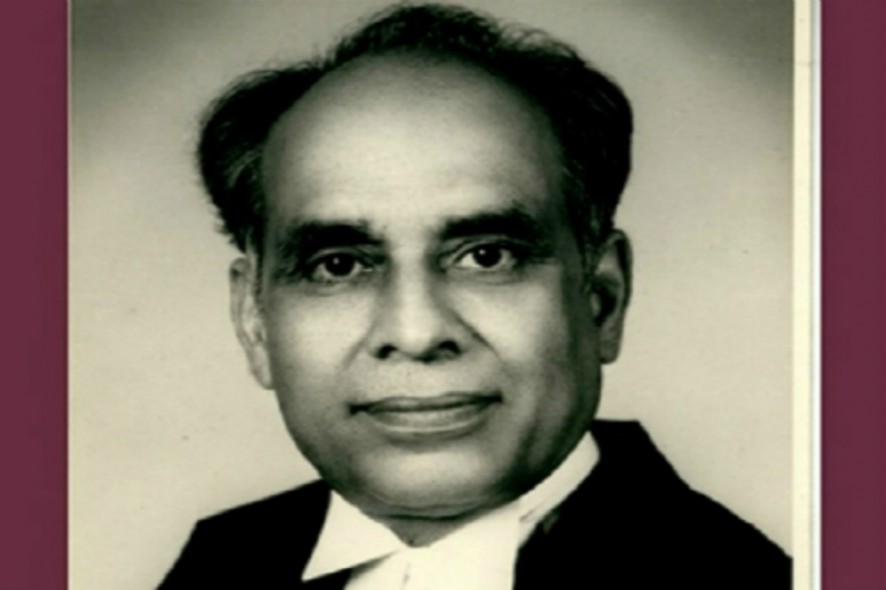I deem it a privilege to have been asked to speak on the rule of law.
Ever since the beginning of civilisation, two conflicting viewpoints, rule of men or rule of law, have competed for acceptance. Although each school of thought has not lacked in its votaries, in the aggregate the thinking has been in favour of the rule of law. On occasions we have slipped back into government by will only to return again sadder and wiser to the rule of law when hard facts of human nature demonstrated the selfishness and egotism of man and the truth of the dictum that power corrupts and absolute power corrupts absolutely. Rule of law is now the accepted norm in all civilised societies. Even if there have been deviations from the rule of law, such deviations have been covert and disguised, for no government in a civilised country is prepared to accept the ignominy of governing without the rule of law.
The content of rule of law varies from country to country, but everywhere it is identified with the liberty of the individual. It seeks to strike a balance between the opposing notions of individual liberty and public order. The question of reconciling individual rights with the requirements of public interest has always posed a vexed problem. Such reconciling and harmonising can be attained by adherence to the rule of law and by the existence of independent courts which can hold the balance between the citizen and the State and compel both to conform to law.
Respect for law and respect for government have a mutual relationship. Erosion of one necessarily has its effect on the other. Government under law means that the power to govern shall be exercised only under conditions laid down in the Constitution and the laws approved by the people or their representatives. Law thus emerges as a norm limiting the application of power by the government over the citizens or by citizens over their fellow citizens. Government under law seeks the establishment of an ordered community in which the individual aware of his rights and duties comprehends the area of activity within which as a responsible and intelligent person he may freely fashion his life secure from interference from either the government or other citizens.
* Formerly Judge, Supreme Court of India, Speech delivered in New Delhi on September 9, 1977.
** This Article was first published in Supreme Court Cases (1977) 4 SCC J-7 . It has been reproduced with the kind permission of Eastern Book Company.







